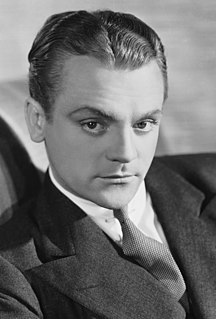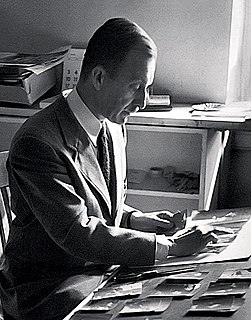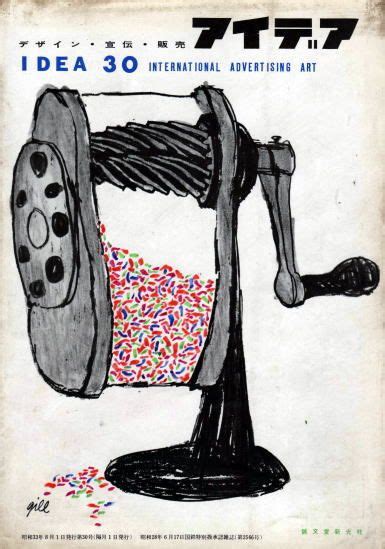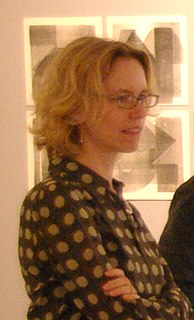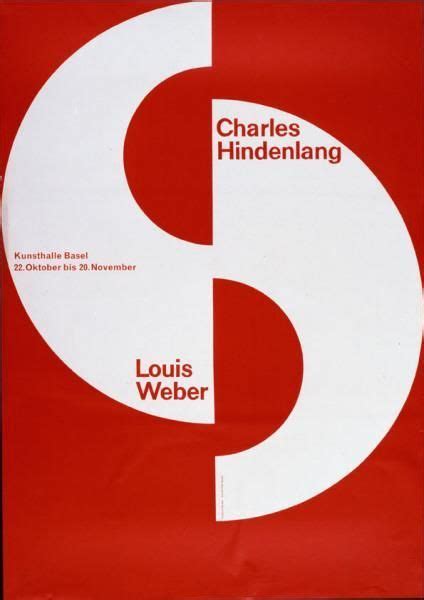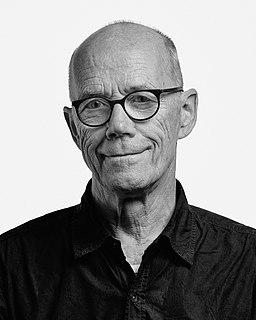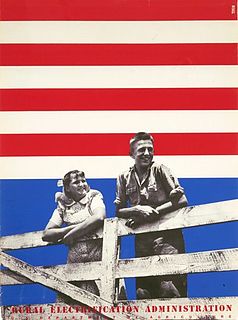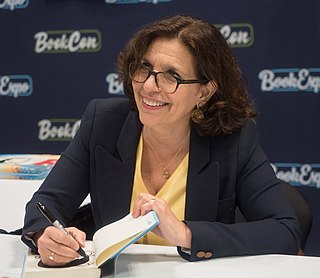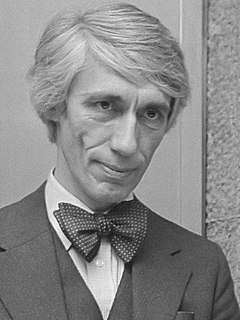A Quote by Josef Muller-Brockmann
Just as in nature systems of order govern the growth and structure of animate and inanimate matter, so human activity itself has, since the earliest times, been distinguished by the quest for order.
Related Quotes
Wherever we find orderly, stable systems in Nature, we find that they are hierarchically structured, for the simple reason that without such structuring of complex systems into sub-assemblies, there could be no order and stability- except the order of a dead universe filled with a uniformly distributed gas.
Orderliness by itself is not sufficient to account for the nature of organized systems in general or for those created by man in particular. Mere orderliness leads to increasing impoverishment and finally to the lowest possible level of structure, no longer clearly distinguishable from chaos, which is the absence of order. A counterprinciple is needed, to which orderliness is secondary. It must supply what is to be ordered.
From earliest times, water has always been acknowledged as a primary human good and an indispensable natural resource. Around the great rivers of the world, like the Mississippi, great cultures have developed, while over the course of the centuries the prosperity of countless societies has been linked to these waterways. Today, however, the great fluvial systems of every continent are exposed to serious threats, often as a result of man's activity and decisions.
All men are equal and free: society by nature, and destination, is therefore autonomous and ungovernable. If the sphere of activity of each citizen is determined by the natural division of work and by the choice he makes of a profession, if the social functions are combined in such a way as to produce a harmonious effect, order results from the free activity of all men; there is no government. Whoever puts a hand on me to govern me is an usurper and a tyrant; I declare him my enemy.
In times of widespread chaos and confusion, it has been the duty of more advanced human beings--artists, scientists, clowns and philosophers--to create order. In times such as ours, however, when there is too much order, too much management, too much programming and control, it becomes the duty of superior men and women to fling their favorite monkey wrenches into the machinery. To relive the repression of the human spirit, they must sow doubt and disruption.
The earliest and most primitive known members of every order already have the basic ordinal characters, and in no case is an approximately continuous sequence from one order to another known. In most cases the break is so sharp and the gap so large that the origin of the order is speculative and much disputed.
The only thing that one really knows about human nature is that it changes. Change is the one quality we can predicate of it. The systems that fail are those that rely on the permanency of human nature, and not on its growth and development. The error of Louis XIV was that he thought human nature would always be the same. The result of his error was the French Revolution. It was an admirable result.










